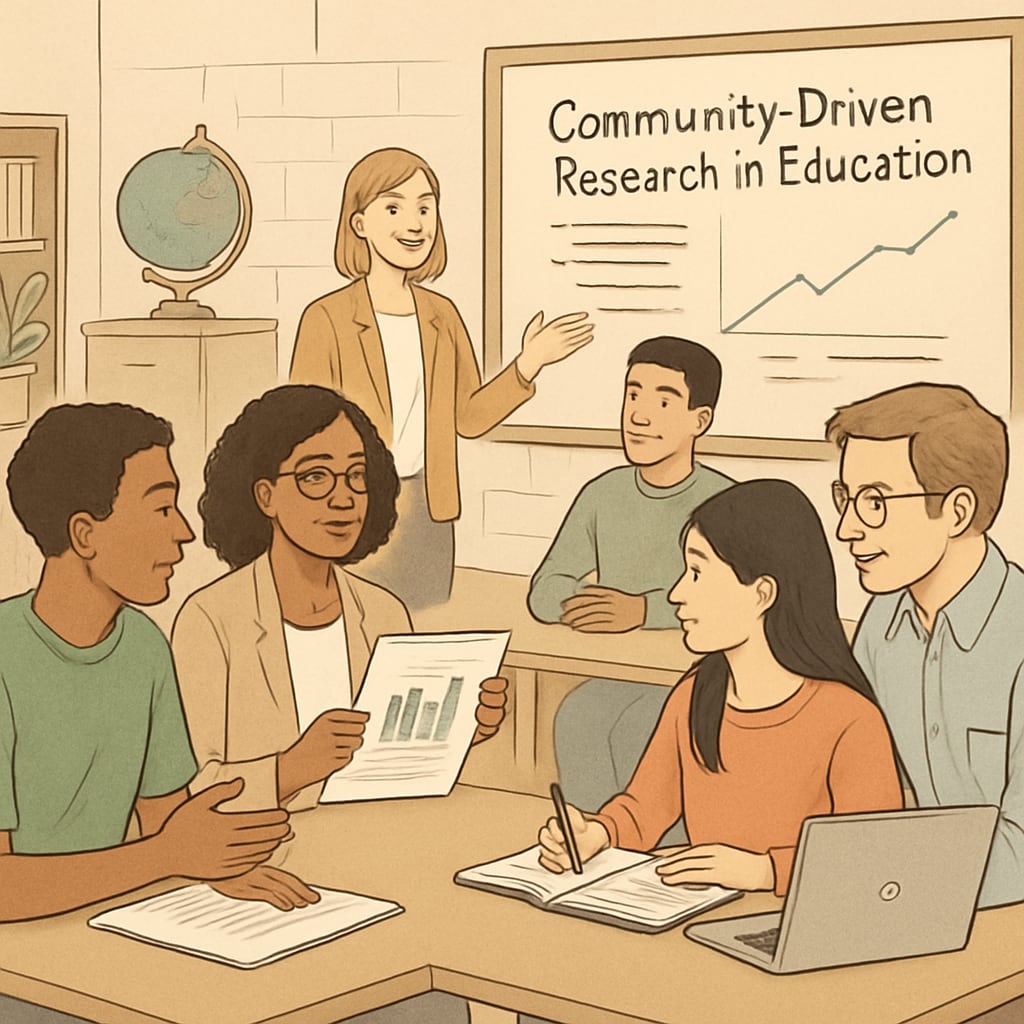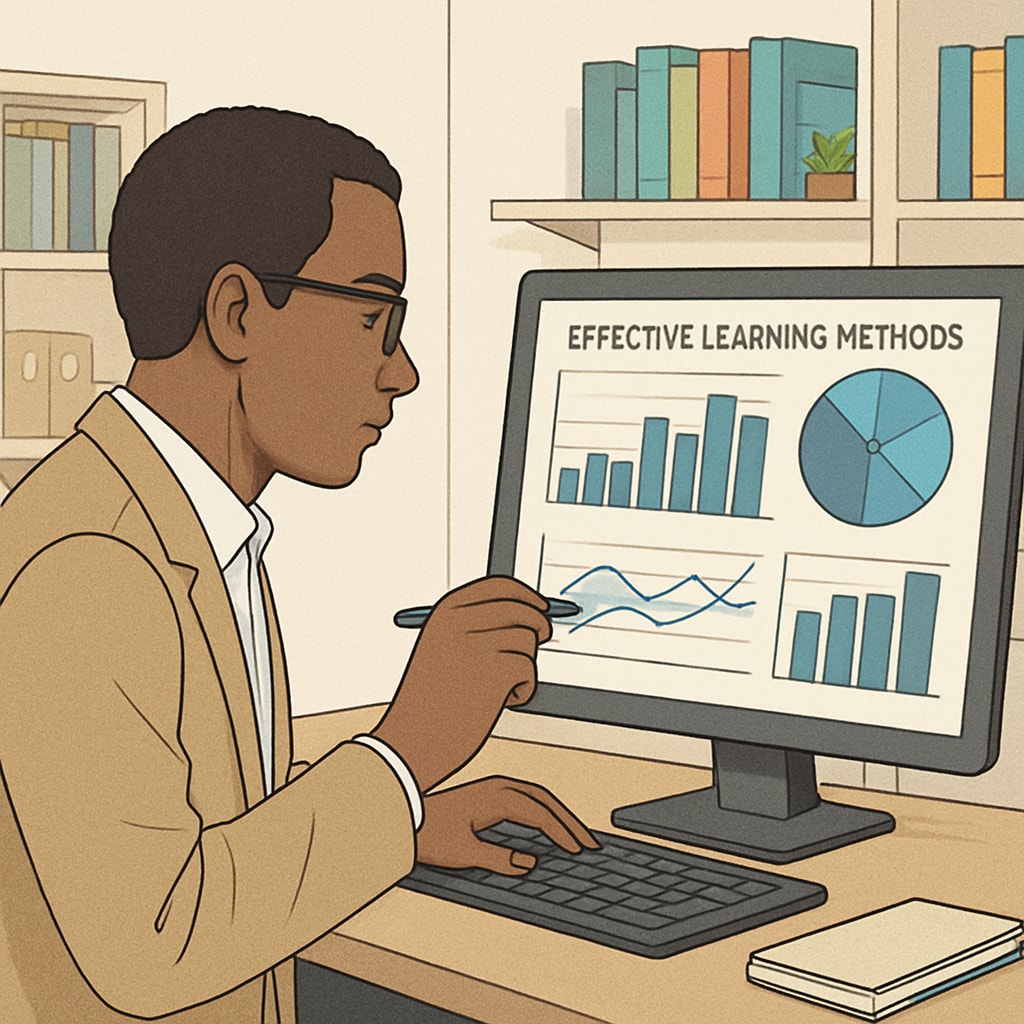Understanding what makes learning effective is critical in the realm of K12 education. Through our current research project on learning methods, we aim to collect and analyze feedback via a survey form, establishing a robust database of strategies that can help students thrive. With 48 survey responses gathered so far, this initiative is a testament to the power of community engagement. However, we need your help to reach our goal of 100 responses, which will provide a broader and more diverse foundation for evidence-based educational practices.
The Power of Community Collaboration in K12 Research
Education is not a one-size-fits-all process. Students, parents, and educators each bring unique perspectives to the table. By leveraging community collaboration, we can uncover diverse insights into what truly works in classrooms and at home. The responses collected from our survey so far highlight the importance of personalized learning, consistent feedback, and active participation. These findings emphasize the need for tailored approaches to education rather than relying solely on standardized methods.

For example, one respondent shared how integrating regular reflective practices into daily study routines improved their student’s retention and comprehension. Another highlighted the role of gamification in keeping students engaged during challenging lessons. These anecdotes are invaluable in shaping the future of K12 education.
What We’ve Learned from 48 Responses
The 48 responses we’ve received so far offer a wealth of knowledge. Patterns have emerged, indicating that students benefit most from:
- Active learning techniques, such as group discussions and hands-on projects.
- Structured schedules that balance study time with breaks.
- Supportive environments where students feel encouraged to take risks and learn from mistakes.
While these insights are compelling, they represent only a fraction of what we can achieve with 100 responses. A more comprehensive dataset will allow us to identify trends across different demographics, learning styles, and socio-economic backgrounds. This is why we are calling on educators, parents, and students to participate in this critical project.

How You Can Contribute to Innovation in Education
Participation in this project is simple yet impactful. By completing our survey, you contribute to a growing body of knowledge that will inform innovative educational practices. Here’s how you can get involved:
- Complete the survey yourself, sharing your experiences and insights.
- Encourage colleagues, friends, and family members involved in K12 education to participate.
- Share the survey on social media or within your local community networks.
Every response counts, and your input could be the key to revolutionizing how students learn and succeed. Together, we have the opportunity to shape an educational landscape that empowers every learner.
Looking Ahead: Building a Foundation for Evidence-Based Practices
Once we reach our goal of 100 responses, the collected data will be analyzed to identify actionable strategies for educators and parents. The findings will be shared through reports, workshops, and webinars to ensure they reach those who can benefit most. This project is not just about gathering data—it’s about creating a sustainable impact on K12 education.
In conclusion, this research project on learning methods is a collective effort to enhance education through a survey form. With your participation, we can build a foundation for evidence-based practices that benefit students everywhere. Join us in this journey to redefine effective K12 learning strategies.
For additional insights on education research, visit Education on Britannica or Education on Wikipedia.


